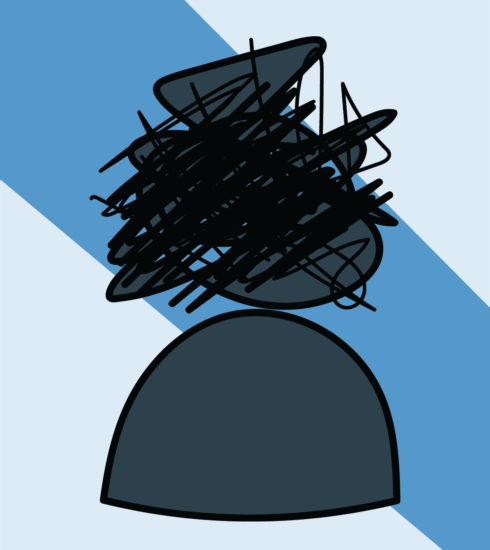Olie Breaks the News – Issue 10
For just a moment imagine yourself as a child. Use that juicy, fat brain of yours to peel back time to when you were 10 years old. It’s 11:44pm on a Friday night and the house is calm and dark. Everyone is fast asleep dreaming of teenage vampires and rip sticks, everyone except you. Deep in the belly of the lounge you sit hunched 60cm from the TV, controller in hand, shrink wrapped in a thick duvet.
Beside you is a stack of blue and green cases, each disc inside misplaced in the wrong home. The screen in front is alive with graphics of faraway worlds, fast cars and super powers. Your eyes bleed square tears as you lose yourself in a video game fantasy.
It’s pure pre-teen ecstasy.
You ignore the slow building ache in your thumbs from repetitive snapping and bashing (bonus
points if it’s the product of punching in cheat codes). In that moment everything is right in the world.
The drag of primary school feels distant and the impending doom of a wearable arts show has faded almost completely. It is just you and your games. Suddenly a door swings open and the light switch smacks the room into reality. Your dad stands in the doorway in undies, his right eye twitching from broken sleep.
“What the hell are you doing still up? Playing video games? By jingo, what have I told you about
those video games! They’re going to melt your brain kid, now get to bed!”
Fast forward to 2021. Brain melting video games are now a spectator sport filling up arenas across the world. Just this week a pair of kiwis competed in the Fortnite world championship and won $76,000 each. You might think that’s from nabbing a top spot but that prize money was for last place.
Esports is now a juggernaut. People across the planet make a living playing video games, whether it be through competition or streaming. Aotearoa’s very own Sean Kaiwai, Gratisfaction, sits as our top earning gamer, cashing in around $165,000 from Counter-Strike: Global Offensive.
All I can say is, suck it Dad.





